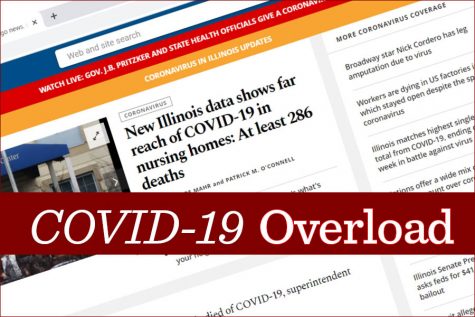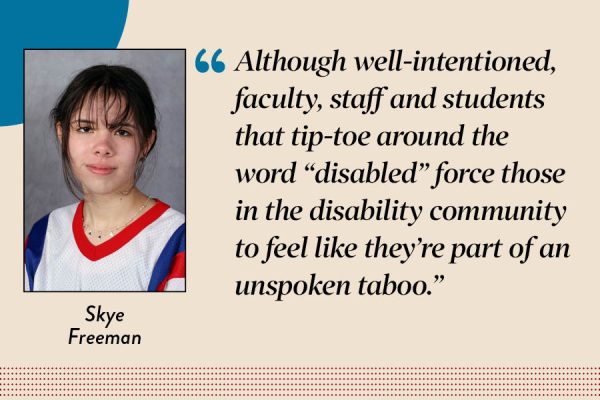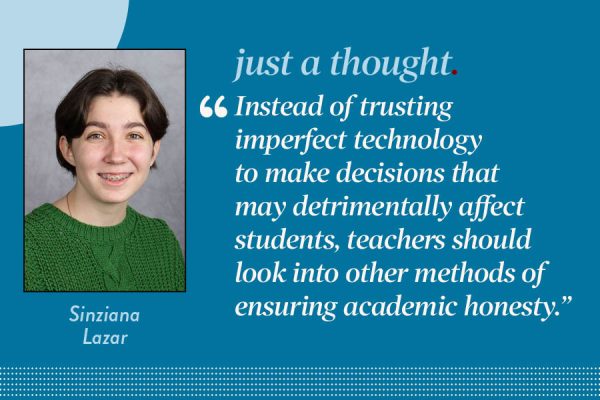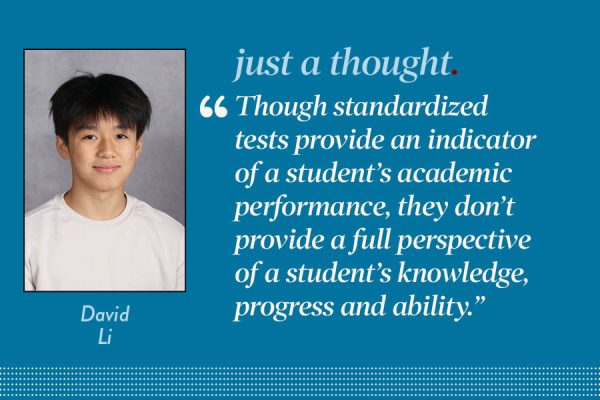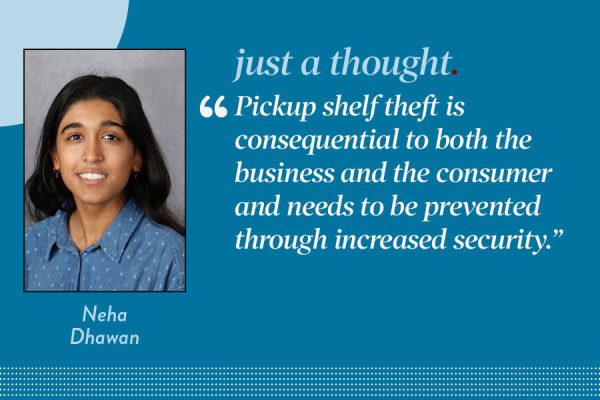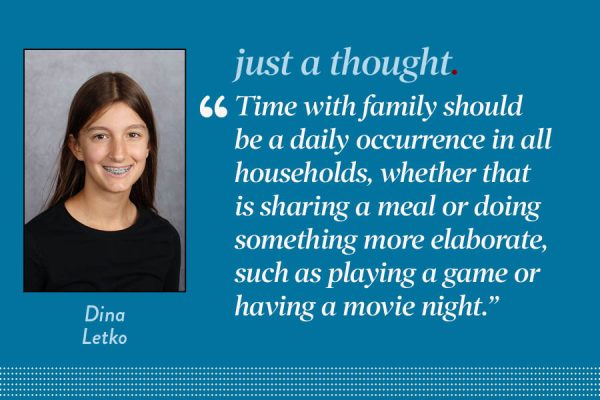Class check-ins are a vital anchor

As the Midway sees it…
U-High has a mental health problem. On the 2019 health and wellness survey 93% of students reported feeling stressed on a regular basis and over half said they regularly felt anxious. Our mental health problems are not just going to go away during this pandemic — in fact, it is likely they will get worse.
Although it may not seem relevant to the class, during this pandemic and the new environment of remote learning, it is important to delegate a portion of class time to check in on students for their mental health and well being. Even though it may not be helpful to each individual, it helps some students to stay mentally healthy.
During a normal school day we would be able to say “Hi” to our teacher in the halls during passing periods, have those little side conversations in class with our friends and peers and just see other people besides our families. Without those little interactions it is natural to feel very isolated. It is well known that social isolation negatively affects mental health and that it is associated with loneliness and depression. These beginning-of-class check-ins serve as a meager substitute for the usual full day of social interaction.
One student may be doing fine and not feeling socially isolated, but others are having their mental health negatively impacted by these turbulent times, which is completely natural with the increased amounts of stress-inducing sources.
One student may be doing fine and not feeling socially isolated, but others are having their mental health negatively impacted by these turbulent times, which is completely natural with the increased amounts of stress-inducing sources. So, even though it may not feel important, it is necessary to participate in these check-ins to ensure the wellbeing of all students.
Additionally, it gives teachers an insight about how students are coping. The wellness survey also revealed that many students don’t have an adult that they feel comfortable talking with at home, so they find support in teachers. Without daily interaction with students, teachers aren’t able to see how students are doing like they can in person. Giving an opportunity to talk about how being in such close proximity with their family is annoying them, or how they haven’t gone outside in days provides catharsis for some students.
So give these check-ins a chance. Participate for the sake of other students even if it is not doing something substantial for you. Our school days are not just about learning; they are about forming relationships with our peers and teachers that keep us happy and healthy people. Those relationships cannot be replaced during our online classes, but we should still try our best to do what we can to substitute them while we are at home, even if it means sacrificing the first 5 to 10 minutes of class.



